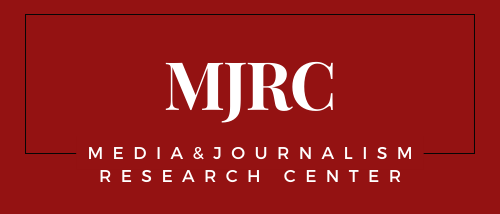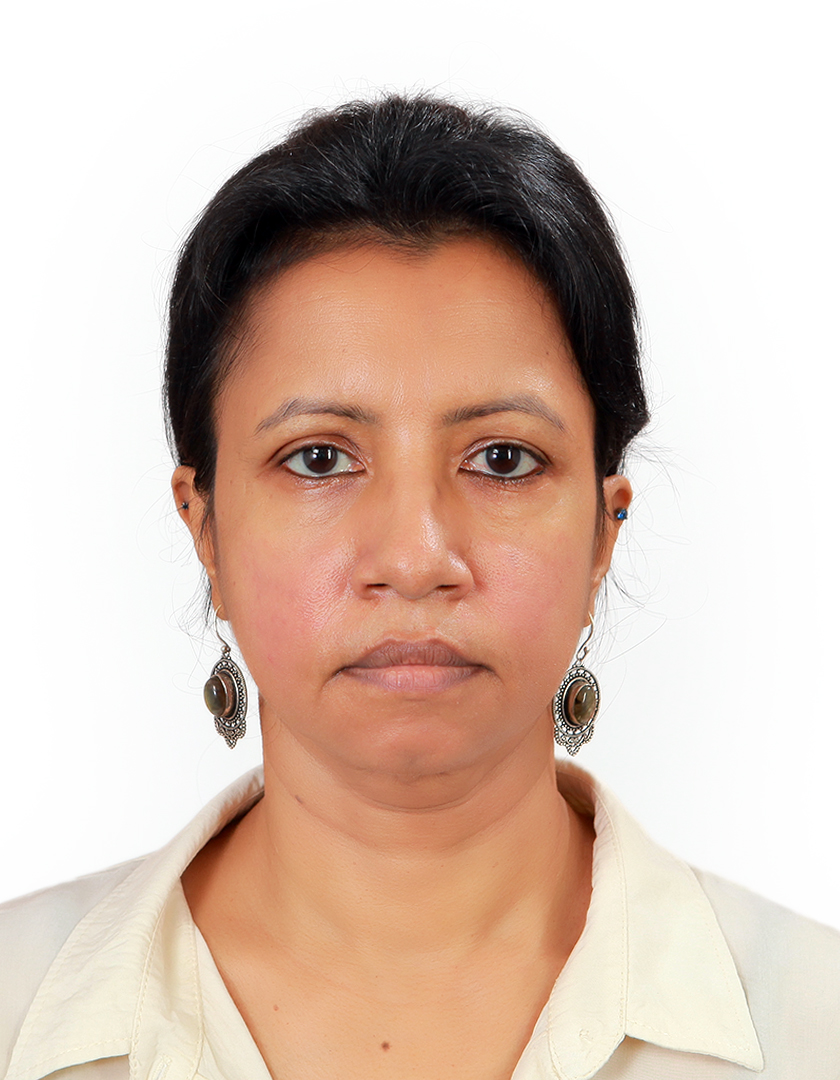Sulochana Peiris
Sulochana Peiris is an independent documentary maker, researcher, and writer based in Sri Lanka. Sulochana has over two decades of experience in media, advocacy, and peacebuilding fields. During early career years, Sulochana worked as a print and TV journalist, and subsequently, switched over to the not-for-profit sector where she was involved in peacebuilding, early warning, human rights, and human security communication and advocacy related work in Sri Lanka. Over the last decade or so, she has increasingly engaged in research and documentary production work related to Southeast Asia, particularly in Thailand, Myanmar, and Cambodia.
Sulochana’s recent research areas include media’s role in pluralism, social media and movements mobilization and communication, peacebuilding, women, peace and security, and women in politics.
Sulochana has an MA in Conflict and Peace Studies from the Faculty of Graduate Studies, University of Colombo, Sri Lanka. Her MA thesis was titled “The Role of Social Media in Contemporary Social Movements : A Case Study of Egypt from 2000 to 2011” .
Sulochana is a Rotary Peace Fellow with an accredited certification in conflict and peace from Chulalongkorn University in Bangkok, Thailand. She is also Salzburg Global Seminar Fellow (part of the first cohort of Asia Peace Innovators Forum).
See below more information about Peiris’ project conducted as an MJRC fellow.
Media Capture in Sri Lanka
Media landscape in Sri Lanka is overcrowded and under-regulated. Sri Lanka’s media is highly segmented by language from the supply side. From a demand perspective, audiences are segmented across language, geographic, format, and geographic spheres.
The elite capture of media has had a clear and devastating impact on media’s independence, with politicians, the state and private parties/business moguls with ties to the government continuing to undermine media’s independence across the board. The most devastating outcome of this deteriorating media independence was seen in the run up to the 2019 presidential election in which one of the front runners of the election campaign was former defense secretary, Gotabaya Rajapakse who ran a very racist, anti-minority campaign based on the Sinhala-Buddhist (majority community in the country) supremacist ideology to win the majority community’s vote.
Together with rich moguls, Rajapakse’s election campaign infiltrated all key media platforms and spaces using very organic and strategic tools and approaches. They fabricated “stories” and “incidents” against the country’s Muslim minority, which had already become the “new enemy” of the majority community since the end of the thirty-year war with Tamil Tiger rebels who waged a bloody war against the Sri Lankan state for an independent homeland in North/East Sri Lanka.
Apart from using state media, the Rajapakse election campaign captured private media platforms, too. In a country where the mainstream media is still the main source of information for a majority of people, including the Sinhalese community, their main vote base, this proved to be very effective from a campaign point of view.
The anti-Muslim narratives and hate speech were also spread on social media and they strategically used social media “influencers” from the majority Sinhala community with large numbers of followers to get their key campaign messages across to as many people as possible.
Gotabaya Rajapakse won the 2019 presidential election with over 6.9 million votes. Subsequently, his administration paid little attention to the outstanding transitional justice issues connected to the country’s armed-conflict and took no effort to reconcile conflict-torn inter-ethnic/religious relations. Instead, his administration openly supported and promoted the Sinhala-Buddhist supremacist ideology both in governance as well as attitude towards the minority communities.
The media continued to lend their spaces for the fabrication, creation and propagation of anti-Muslim narratives and hate speech with little regard to increasingly visible consequences stemming from a lack of impartial and independent media in the country. This continued to be the case until the Rajapakse administration hit a wall because of bad fiscal and governance policies that largely contributed to the country’s worst economic crisis since its independence in 1948. Gotabaya Rajapakse was forced to resign in August 2022 as a result of a youth-led protest campaign that began earlier in the year. Peiris’ research focuses on the impact of media capture by the Rajapakse administration on pluralism and inter-community relations. As part of her project, she wants to interview community groups/media consumers across ethnic/linguistic, geographic and demographic divides to further understand possible impacts of anti-minority narratives on their relations with other communities. Peiris has already over 50 key informant interviews collected during research on this theme for a project she carried out before. Ultimately, Peiris aims to develop this research into a book on the subject.
Invest in independent media research and join a community of practice.
Your contribution supports MJRC’s investigations and global analysis. As a supporter, you can receive early access to new findings, invitations to small-group briefings, inclusion in our Supporters Circle updates, and the option to be listed on our Supporters Page.
Contribute to MJRC
